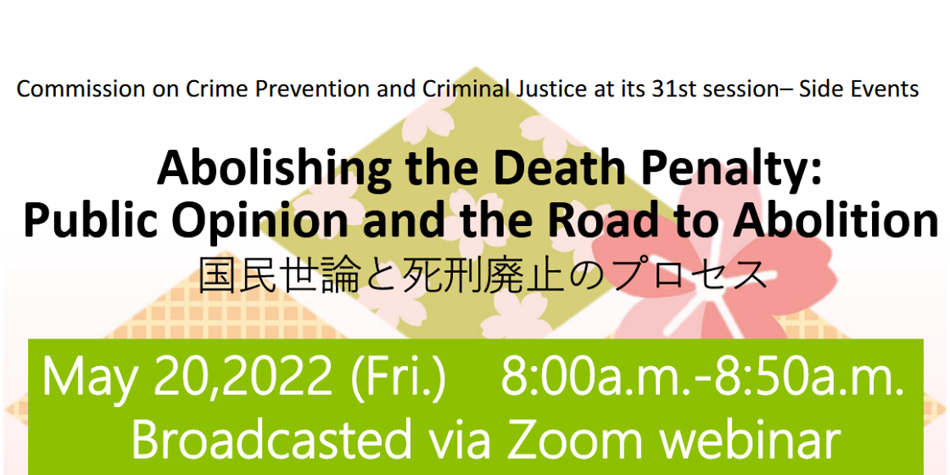USA: reaching for the dream
Abolition
The US is still one of the six countries across the world executing the most people but the struggle for abolition has made significant progress over the last decade.
Law professor Larry Marshall opened the conference with the following positive assessment: “There is real reason for optimism and real reason for excitement that the efforts, the passion and tears of the people in this room and nationally are in fact paying off… The reality is that hundreds of lives have been saved already because of our campaigns”.
There has indeed been real progress – the number of executions per year is constantly falling, from 98 in 1999 to 42 in 2007 (source: DPIC). A growing number of States are introducing moratoria on executions and, a recent phenomenon, others are abolishing it.
The death penalty was declared unconstitutional in New York State in 2004 and in December 2007 New Jersey became the first State to abolish the death penalty in law since 1965.
What is more, the decision by the Supreme Court to examine the constitutionality of lethal injection last October established a de facto moratorium across the country. The Court is not looking at the legality of the death penalty in itself but it is nonetheless an opportunity to widen the debate nationally.
A failed system
These changes are not proof of a moral evolution in American society; public opinion remains very broadly in favour of the death penalty. Rather, they are essentially the result of the multifaceted observation that the system governing capital punishment in the US is failing: it is disproportionately expensive and prone to subjectivity, legal error and racism.
Most research on the subject has reached these conclusions, as has the work carried out by the commissions on the death penalty introduced in certain States and, more recently, the Commission on the Fair Administration of Justice in California.
Since 1976 126 death-sentenced prisoners have been acquitted. According to research by the NCADP, at least four innocent people have been executed. Acquittals have increased over the last few years, particularly thanks to the advent of DNA testing, which has intensified the doubts of those who believed that this was a fair and just punishment.
New allies
These developments are opening up new possibilities for opponents of the death penalty and allowing different voices to be heard: the debate on the death penalty is no longer simply a moral issue but now includes more practical arguments about which everyone will have something to say: police officers, political opposition, victims’ families, exonerated death row prisoners (photo), etc.
For the New Jersey Senator, Raymond Lesniak, who sponsored his State’s bill on abolition it is even the key to success. As the NCADP conference’s special guest, he recalled that it was particularly thanks to contributions by victims’ families, legal representatives and exonerated death row prisoners that the bill was positively received by New Jersey legislators.
The annual NCADP conference was also an opportunity to reflect on the role of the international community in the abolitionist struggle in America, and to pay homage to those whose work contributes to moving the fight against the death penalty forward.






